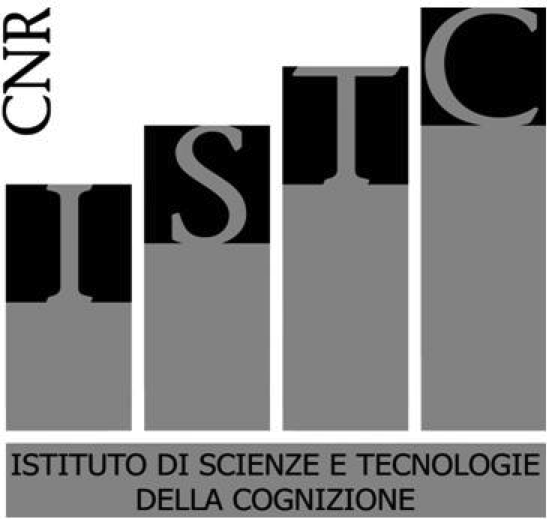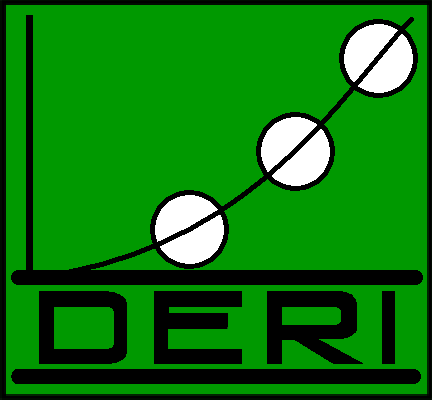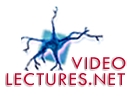Important Dates
- 01-Mar-2009 - Registration Opens
- 15-Apr-2009 - Registration Closes
- 01-May-2009 - Notification of Acceptance
- 01-Jun-2009 - Deadline for Payments
- 05-Jul-2009 - Arrival of Participants
- 06-Jul-2009 - Summer School Starts
- 11-Jul-2009 - Summer School Ends
News
- Tutorial and invited talk videos are now online (see invited speakers and turors)
- Tutorial and invited talk slides are now online (see invited speakers and turors)
- The list of invited talks is online
- The Programme of SSSW09 is online
Invited Talks
Natural Language and the Semantic Web: a crucial symbiosis (Slides, Video)
Philipp Cimiano (Delft University of Technology, Netherlands)
In this talk we will argue that the Semantic Web and Natural Language live together in a symbiotic relationship crucially depending on each other.
On the one hand, ontologies need linguistic grounding to be meaningfully used by humans. Further, the large amount of textual data represents a crucial resource on the basis of which ontologies and the Semantic Web can be populated.
On the other hand, capturing the meaning of natural language requires normalization as well as a formally defined vocabulary which can be provided by ontologies as used in the Semantic Web.
Besides investigating the relation between natural language and the Semantic Web from a principled point of view, we will discuss applications at the interface of language and ontologies (ontology population, ontology-based question answering, ontology authoring and verbalization), looking at the current state-of-the-art. We will then argue that a more principled approach is needed, building on the techniques that have been developed in computational linguistics in the last 30 years.
We will end the talk presenting the concept of ontology lexicons that allow us to establish a link between ontologies and the way we speak about their elements in a declarative way.
The Blind Men, the Elephant, and the Semantic Web: some perspectives (Slides, Video)
Stefan Decker (DERI, Ireland)
"Ho! what have we here
So very round and smooth and sharp?
To me 'tis mighty clear
This wonder of an Elephant
Is very like a spear!"
John Godfrey Saxe (1816-1887):
The Blind Men and the Elephant
Similar to the elephant in Saxe's poem can the Semantic Web can be looked at from several perspectives:
One perspective is the history of the Web as an evolution of attempts to help manage the increasing amount of media available to mankind as well as the increasing complexity of society in order to overcome the limitations of our cognitive information processing capabilities.
Another perspective is to look at the Semantic Web as a data management platform for the integration and linking of heterogeneous information.
Yet another perspective is to look at the Semantic Web as a Knowledge Acquisition and Representation environment, enabling and requiring large scale knowledge representation and reasoning.
In my talk I will explain these perspectives and provide background information to them. Originating from these perspectives I try to look at the elephant as a whole and aim to derive research questions from an integrated viewpoint.
An Industrial Perspective on the Semantic Web (Slides, Video)
Mark Greaves (Vulcan, Inc., US)
Today's Semantic Web feels much like the familiar hypertext web circa 1992. The two situations feel similar: first-generation markup standards are in place and we are finding their limitations; tools are available but they are immature; traditionally forward-leaning organizations (like universities and corporate labs) have started to publish their information; and enthusiasts use terms like "revolution" but no one can say where the sustainable business model is. So, to what extent will Semantic Web growth and profitability parallel the maturation of the hypertext web? In this talk, I will describe how the semantic web has evolved from its public-sector research roots, and consider the current and future Semantic Web opportunities from the perspective of US public and venture investment.
How to Publish Linked Data on the Web (Slides, Video)
Tom Heath (Talis, UK)
Linked Data is an increasingly popular approach to publishing structured data online, and collectively the results form a Semantic Web on which a new generation of applications and services is being developed. This talk will outline the principles of Linked Data and highlight technical issues that must be considered by data publishers. Best practices will be presented in areas such as how to choose good URIs for resources, which vocabularies to use to describe data, and how to link data sets to others on the Web. Attendees can expect to leave the talk with a broad understanding of the design decisions involved in publishing Linked Data, also having learned a little more about Scotch Whisky in the process.
Making use of metadata on the Web: from semantic annotations to semantic search (Slides, Video)
Peter Mika (Yahoo! Research, Spain)
A key promise of semantic technologies is to improve search by allowing machines to understand text content beyond the level of words. In the first part of the talk, we describe existing and upcoming formats for semantic annotation of Web content (including microformats, RDFa, and microdata) and look at some of the online tools that can be used to annotate web content. In the second part, we discuss how semantic annotations can be used to improve Web search, illustrated by examples from Google and Yahoo.
















